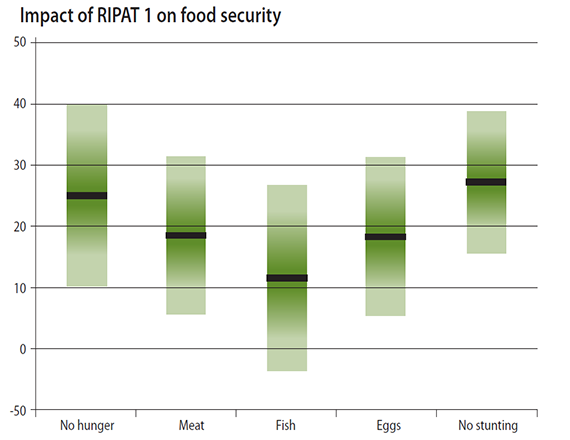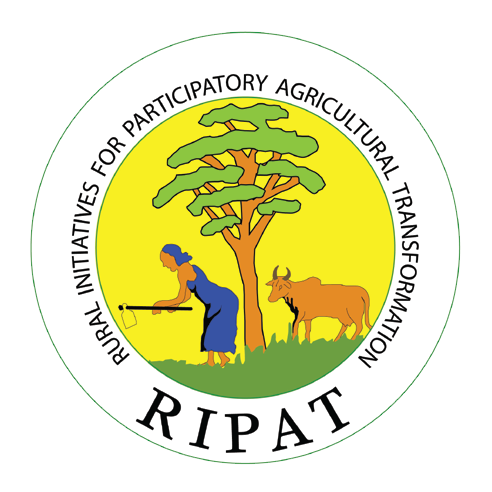RIPAT project
Since 2006, a series of four RIPAT pilot projects has worked with more than 2,000 farmers

Project & Fact
Since 2006, a series of four RIPAT pilot projects has worked with more than 2,000 farmers in34 villages in three districts in Northern Tanzania each with an implementation period of three to four years.
Since: 2006 Projects: 4 Farmers: 2,0000 Village: 34
Since: 2006 Projects: 4 Farmers: 2,0000 Village: 34
Mission & Vision
A typical RIPAT project targets eight villages; two groups are established in each village, each group being made up of 30–35 small-scale Farmers.
Anim pariatur cliche reprehenderit, enim eiusmod high life accusamus terry richardson ad squid. 3 wolf moon officia aute, non cupidatat skateboard dolor brunch. Food truck quinoa nesciunt laborum eiusmod. Brunch 3 wolf moon tempor, sunt aliqua put a bird on it squid single-origin coffee nulla assumenda shoreditch et.
Rural Initiatives for Participatory Agricultural Transformation (RIPAT) is a new approach to Rural development which is characterized by the following:
- Help to self-help – avoiding donor syndrome and ensuring that farmers take full charge of their own development.
- The use of a group demonstration field, where RIPAT takes the best from bottom-up and top-down extension approaches.
- Giving farmers a choice regarding agricultural technologies and a voice regarding how they want to organize their group.
- Formalized corporation with local government authorities and extension services for continuation and up-scaling.
In the book Farmers' Choice a sciatic impact evaluation of RIPAT shows:
- Increased levels of food security among participating farmers.
- Improved levels of nutrition among adults and children.
- Sustained adoption of most of the agricultural technologies promoted.
- Diffusion of the most popular technologies ton on-participant farmers in the local communities.
